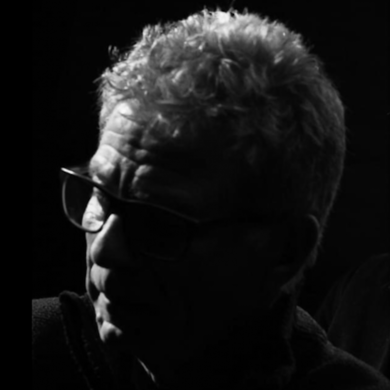Dystopia is a video work derived from Aristarkh Chernyshev's 2018 project Toxic assets.
The new “residential” housing shown in the work is basically overnight storage for consumer bodies that go to work every morning in order to expand their consumer options, which await them in the nearest temple of Consumption in the evening or on weekends.
The lifespans of consumer goods are rapidly shrinking; sometimes purchases are even binned in their intact original packaging. The aesthetics of garbage piles and perpetual city repairs permeate our lives and become part of everyday reality. This breeds a sensation of “perpetual temporariness”—as if this all is just about to end and you will be able to simply enjoy the flow of life. Yet, this temporariness has firmly rooted itself in our lives. We now need to learn to live with it or try and drastically change something, falling into the pit of temporariness again.
Accumulating possessions grow too costly to store and ultimately turn into a briefcase without a handle, or what is called a “toxic asset.” According to post-consumerism, the escape from this situation is in consumption relieved of a material good and, again, the options abound: rentals, subscriptions, networks for shared use of things or housing without transfer of property titles.
Post-consumerism is a new, “green” consumerism; it is an old, stale product in a new shiny package.



